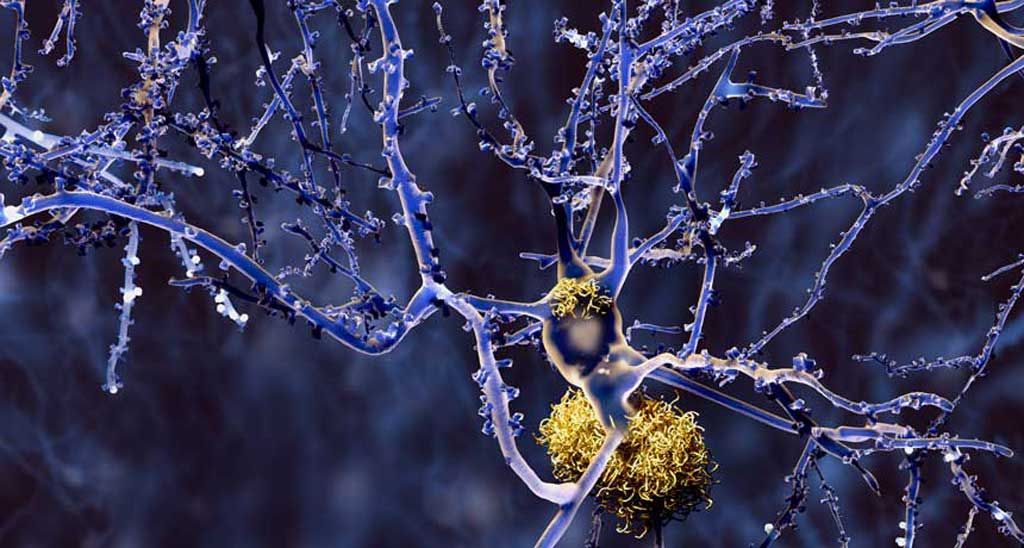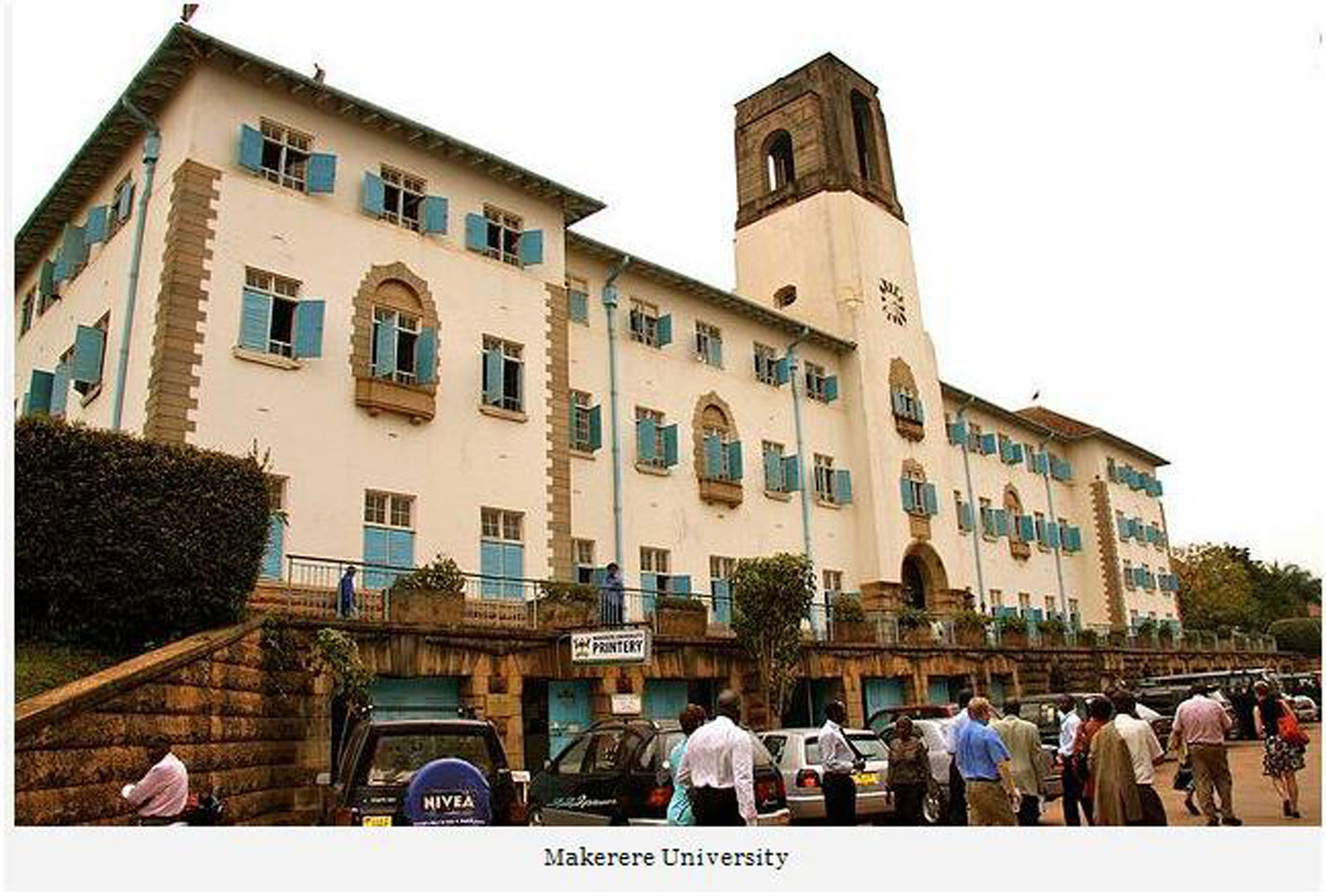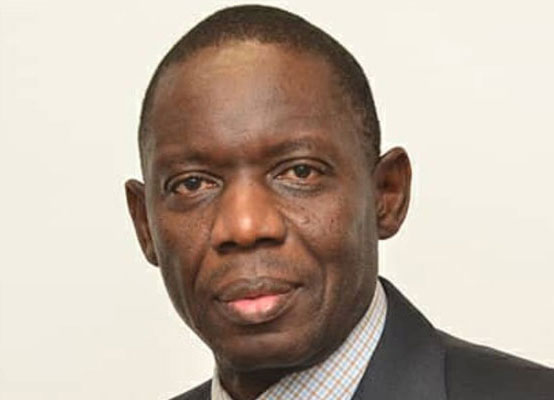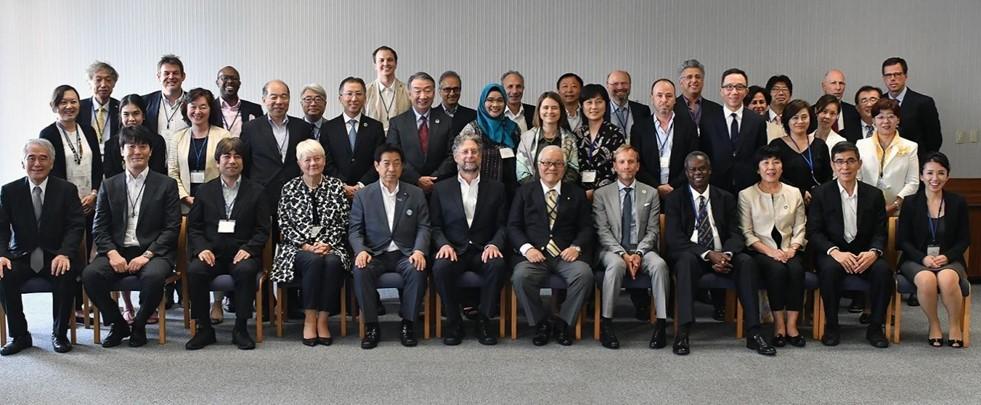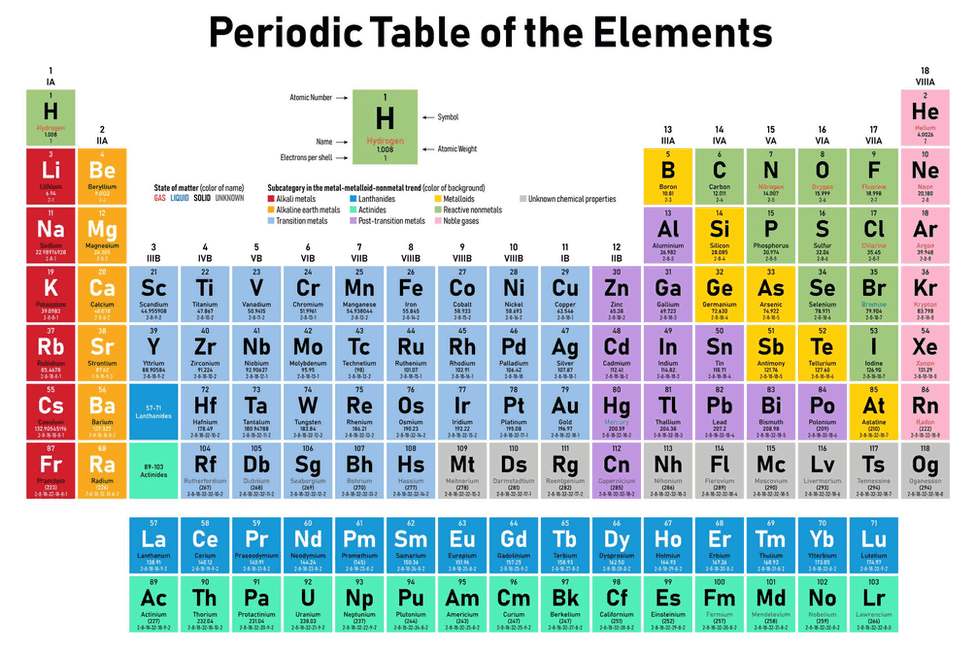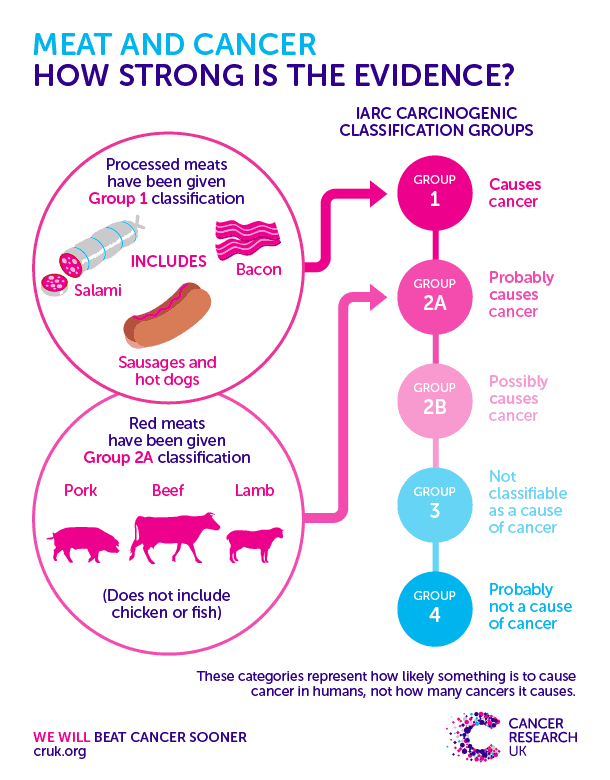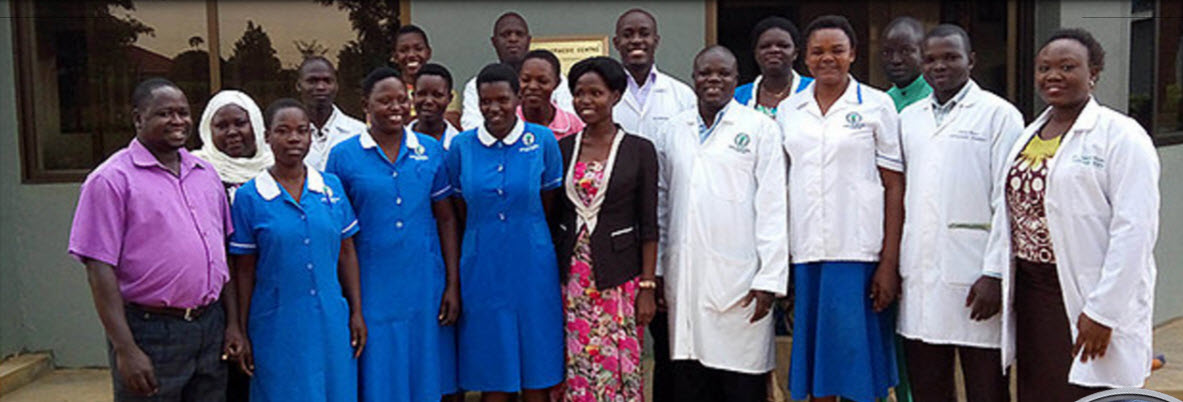The world is in the midst of a fresh water emergency that will only get worse as climate change increases. About one billion people in Africa and Asia don’t have access to clean drinking water as it is. There are many proposed solutions to the water crisis, but it would be most effective to address agricultural water use. Agriculture uses about 70% of the world’s fresh water supplies, often in ways that are can be harmful to the planet.
Drip irrigation systems are now in use worldwide, with the greatest users being Israel, Southern California, and South Africa. More farms adopting this system would greatly benefit the world ecology, since farms would need less fertilizer (which is a major source of greenhouse gas emissions), not to mention the reduction in water usage.
There are three main ways to water farmland: flood irrigation (pouring water on crops), sprinkler irrigation, and drip irrigation. Flood irrigation is used on about 80% of crops worldwide, and is wasteful and harmful to the land, since it washes away topsoil and nutrients. Sprinkler irrigation is used about 15% of the time – it is more efficient that flooding, but still uses a lot of water. The most efficient form of watering, drip irrigation, sadly comes in last, used only 5% of the time. Drip irrigation uses 20% to 50% less water than sprinklers, freeing up water supplies for other uses or for growing more crops.
The Israeli firm Netafim has designed a sophisticated drip irrigation system, which self-cleaning valves that distribute the water evenly, regardless of the distance from the source. Drip irrigation systems are now in use worldwide, with the greatest users being Israel, Southern California, and South Africa. More farms adopting this system would greatly benefit the world ecology, since farms would need less fertilizer (which is a major source of greenhouse gas emissions), not to mention greatly reducing water usage.
Read more about it in the Untold News article “Drip Irrigation Systems: Irrigation in the Desert” and “Israel’s drip irrigation pioneer says his tech feeds a billion people”.


